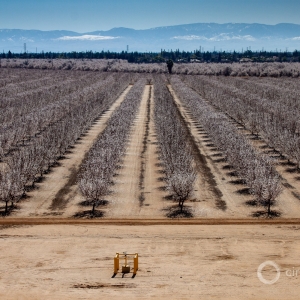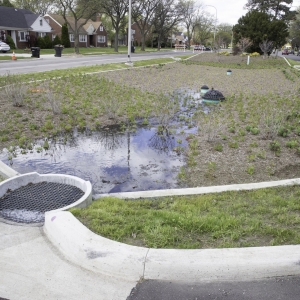The Stream, May 18, 2021: Study Finds Dams Aren’t Carbon Neutral
YOUR GLOBAL RUNDOWN
- A new study finds that, contrary to current assumptions, dams globally produce more carbon than they store.
- Attacks from Israeli forces on the Gaza Strip are threatening drinking water supplies and destroying sewage infrastructure.
- New Hampshire will hold public meetings to discuss water supplies contaminated with PFAS chemicals from a plastics plant.
- The EPA orders an oil refinery on the U.S. Virgin Islands to shut down for two months after several accidents that contaminated air and water supplies.
Arizona groundwater is increasingly at risk from pumping, a new study finds.
“We’re not saving all this groundwater. We’re not protecting all of our aquifers.” – Kathleen Ferris, a Kyl Center senior research fellow. A recent study found that aquifers in the state are at risk from “unsustainable” pumping, tuscon.com reports. The research out of Arizona State University raises concerns over Arizona’s ability to balance groundwater pumping and recharge. The study calls for groundwater conservation in order for the state’s “survival.”
- Why it matters: Groundwater supplies in Arizona, and throughout the United States, are being depleted. A 2018 study found that supplies are lower and less abundant than previously thought. Even in places that aren’t experiencing severe drought, there are groundwater challenges. In Michigan’s Ottawa County, salty groundwater is causing problems for farmers.
IN RECENT WATER NEWS
In Case You Missed It:
HotSpots H2O: Amid American West Megadrought, Montana’s Reservoirs Are Running Dry – The pain of extreme megadrought in the American West is being felt in Montana, where officials worry that a historically dry spring will shrink the state’s agricultural yield and increase the risk of summer wildfires.
What’s Up With Water – May 17, 2021 – This week’s episode features research on Australian rivers’ vulnerability to extreme drought, Great Lakes states that are seeing some relief from record-breaking high lake levels, and new research that finds many cities are failing to plan for a hotter future.
Attacks on Gaza Strip Threaten Water Supplies
Attacks from Israeli forces on the Gaza Strip destroyed sewage infrastructure and threatened drinking water. The Guardian reports that the last week of bombings on the Palestinian territory destroyed underground water pipes, allowing human waste to flow into the streets. Additionally, the attacks crippled a desalination plant, leaving 250,000 people without proper drinking water supplies.
- Why it matters: Water scarcity in occupied Palestinian territories has been a longstanding issue. Palestinians depend on Israeli-controlled underground water sources and rain. In order to secure its water, the Palestinian Authority says the territories need control.
TODAY’S TOP WATER STORIES, TOLD IN NUMBERS
3 COMMUNITIES
New Hampshire’s Department of Environmental Services will hold meetings to discuss PFAS chemicals found in the water supply of three communities, the Associated Press reports. Air emissions from a plastics plant contaminated more than 1,000 wells in five communities, the state found.
60 DAYS
The U.S. Environmental Protection Agency ordered Limetree Bay oil refinery to shut down for 60 days after a series of accidents contaminated drinking water on St. Croix Island in the U.S. Virgin Islands. Inside Climate News reports that the move indicates the Biden administration’s commitment to environmental justice and represents the EPA’s most significant enforcement against the refinery since revoking an air pollution permit in March.
ON THE RADAR
A study published in Nature Geoscience found that dams release twice as much carbon as they store. The study analyzed data on water surface areas from 6,794 dams worldwide between 1985 and 2015. The findings refute the assumption that dam reservoirs are net carbon sinks.
- Why it matters: A growing body of research is pointing out the pitfalls of dam infrastructure. A UN report from earlier this year found that dams built during the early- to mid-20th century are posing growing financial, environmental, and safety challenges. The report recommended decommissioning and removing dam structures whose costs now outweigh their benefits.
Jane is a Communications Associate for Circle of Blue. She writes The Stream and has covered domestic and international water issues for Circle of Blue. She is a recent graduate of Grand Valley State University, where she studied Multimedia Journalism and Women, Gender and Sexuality Studies. During her time at Grand Valley, she was the host of the Community Service Learning Center podcast Be the Change. Currently based in Grand Rapids, Michigan, Jane enjoys listening to music, reading and spending time outdoors.







Leave a Reply
Want to join the discussion?Feel free to contribute!